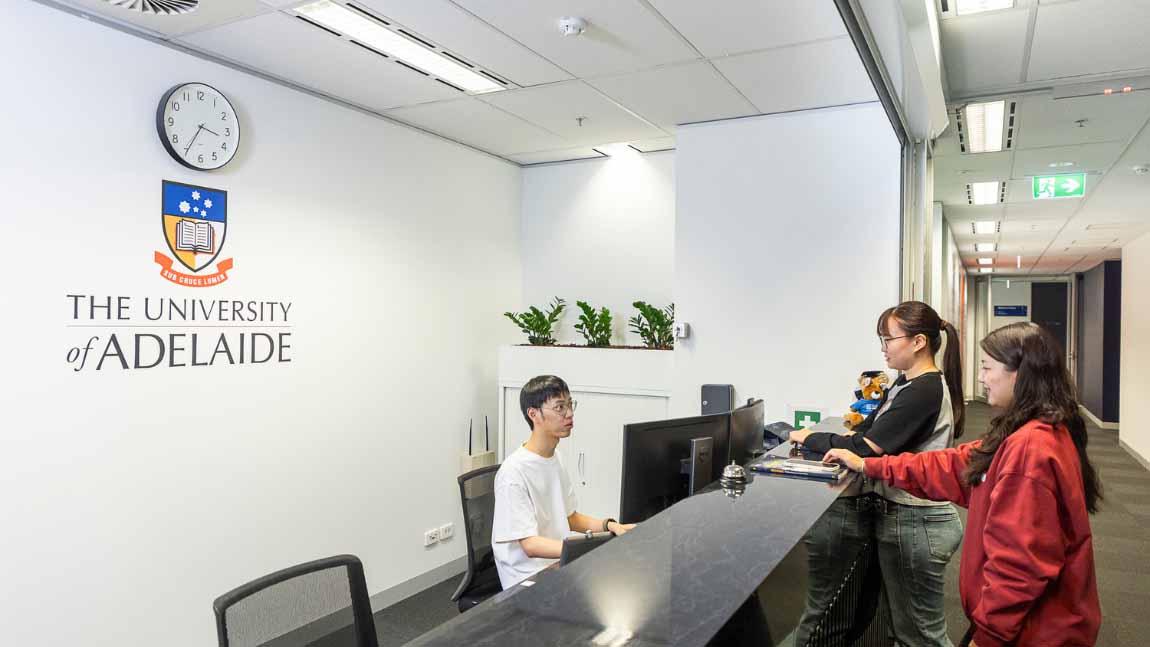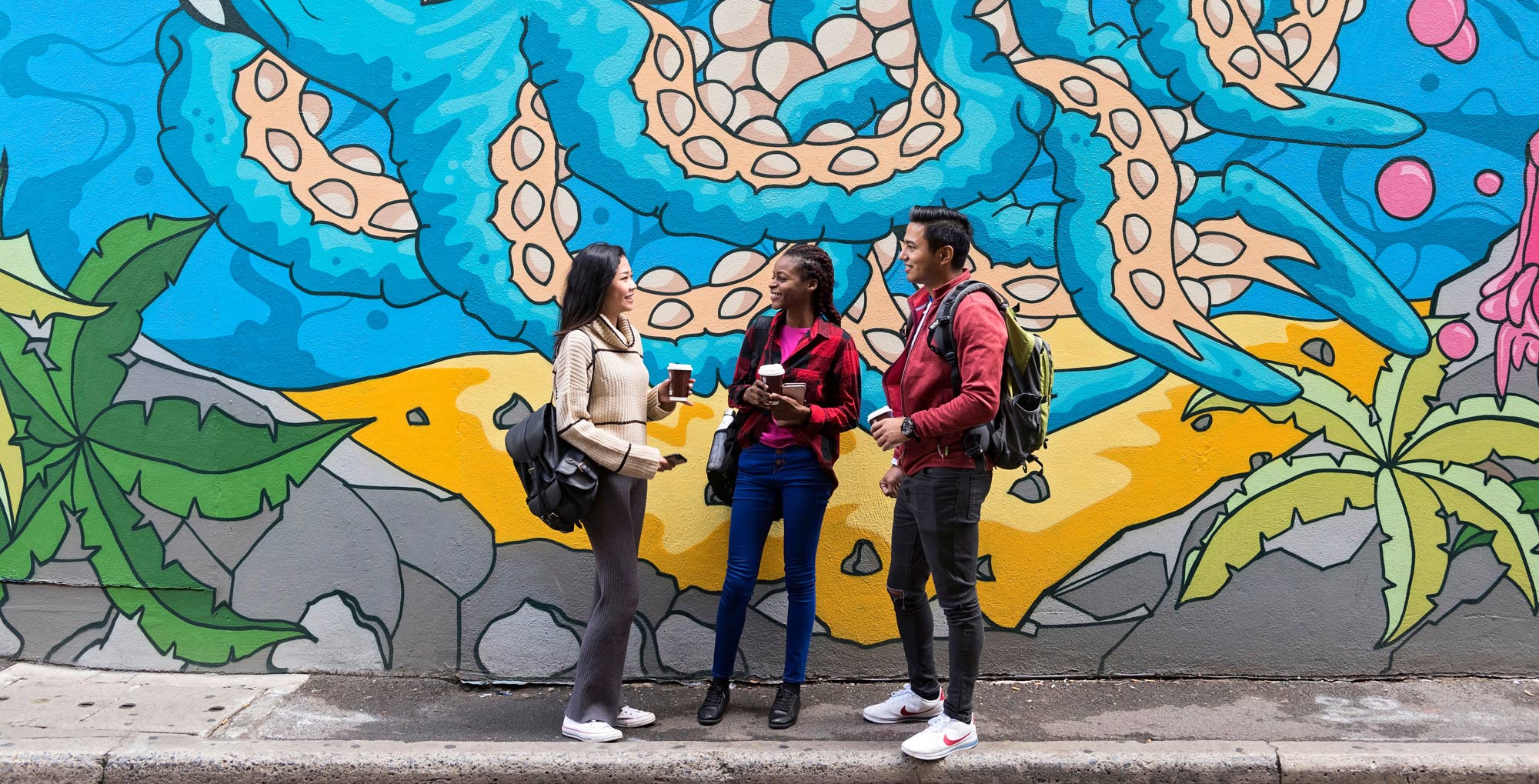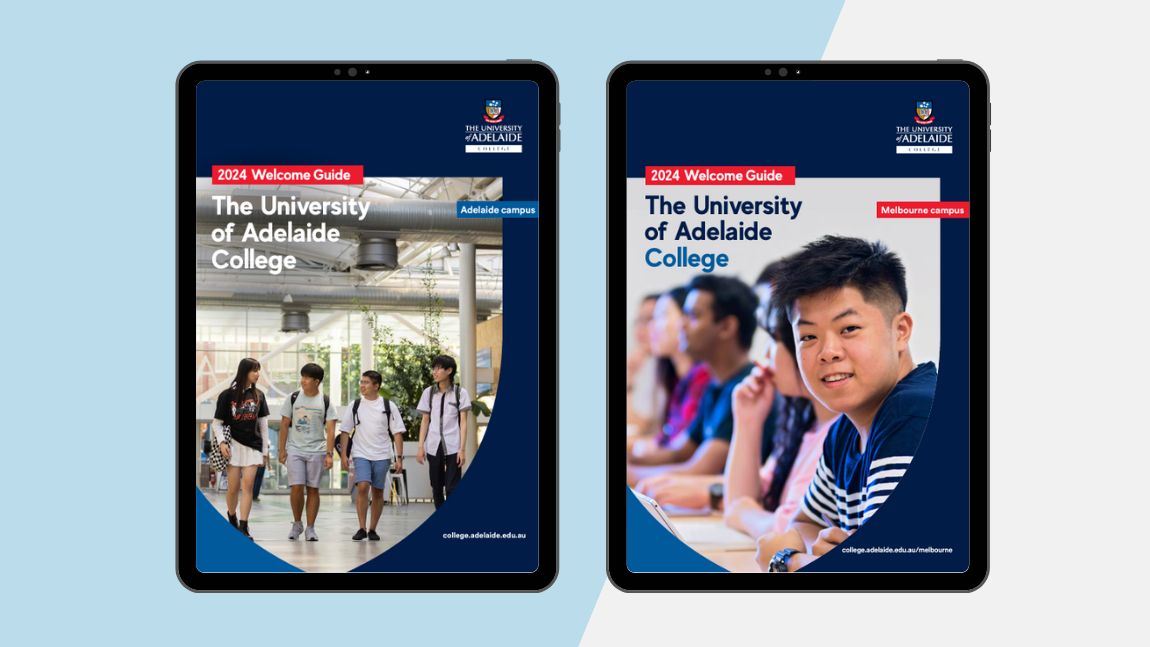
Going overseas to study is an exciting time, but there are many things to prepare before you go and various tasks to complete a few weeks after you arrive.
In this blog, we will go through a list of items and top tips to help you prepare before and after you arrive at college in Australia.
WELCOME GUIDES
Download our Welcome Guides to access detailed information and handy checklists to help you prepare and get settled into college.
Before you arrive
1. Documents
There are several things you need to apply for before coming to study in Australia. They are:
- Flights
- Airport pickup or transfer to accommodation (when you arrive)
- Passport (valid for the duration of your study)
- Student Visa and
- Overseas Student Health Cover
You will also need to bring with you:
- Other personal identification (e.g. birth certificate, driving licence, credit cards etc)
- Confirmation of Enrolment (CoE) and any other College documentation
2. Check quarantine laws
Australia has strict quarantine laws to ensure that the country is free from many of the diseases and pests found in other parts of the world. On entering Australia, you will have to complete an Incoming Passenger Card and declare any animal, plant and food items for inspection.
For a list of what you can and can’t bring into Australia, refer to the:
3. Accommodation
There is a range of accommodation options available to suit your needs. Before you decide, ask yourself:
- Do I want to live by myself or with other people?
- Do I want to live on the university campus, in the city or nearer to the suburbs/beach?
- Do I need a place that is fully furnished?
- How much do I have to spend on rent each week?
If you want to immerse yourself in the Australian culture, try homestay with a local family. If you want quiet and privacy, select a studio apartment. If you prefer to live with other students or have a tight budget, live in a share house or apartment. If you want to live on campus, apply for student accommodation.
4. Finances
The estimated cost of living will depend on the city you are studying in. You can use a cost-of-living calculator to help you. Ensure you have enough funds to cover your bond and a few weeks’ rent for your accommodation on arrival as well as meals and transport. Do not carry large amounts of cash with you; we suggest bringing $AUD250 for small expenses. Many businesses in capital cities accept card payments.
5. Health
Make sure your immunisations are up to date. Have a dental check-up and buy your medication in your home country (if it’s less expensive). Bring to Australia your medical history and prescriptions.
6. Clothing
There are four seasons across most of Australia, with humid or dry hot summers and mild winters. Students dress casually for classes so bring a range of light pants, jeans, shorts, T-shirts, long-sleeve tops and jackets. Also bring comfortable sneakers as you will be walking throughout the day, active wear for sporting activities and a few nice clothes for going out.
7. Electronics
If you plan to bring your own electrical goods such as a laptop or mobile phone, remember to bring an international adaptor. If you forget to bring it, you can buy one online or at any large retail stores in Australia.

After you arrive
1. Bank Account
You can open an Australian bank account before or after you arrive. Every bank offers savings accounts that allow you to bank online, deposit, withdraw and use EFTPOS.
Shop around for the best student bank accounts. Look at accounts that offer a generous savings rate and be aware of any withdrawal limits, account keeping fees and service charges.
2. Mobile phones and internet
You can purchase a SIM card or Australian mobile number when you arrive. You can select from Prepaid or Contract options. A prepaid service helps you control how much you spend, and you can stop using the service any time. If you are planning to use your mobile phone a lot, then a contract is a better option. Telstra and Optus are mobile providers that offer the most coverage in Australia.
Many mobile providers offer internet services. First, check with your accommodation provider to see if internet is included. If not, compare providers to see which is the best option for you.
3. Get familiar with your city
Take some time to get familiar with your new city. Find out where your local supermarket is, walk to nearby cafes and restaurants. Learn how to walk to your new college or purchase a smartcard to use for public transport. Locate your bank and nearby ATMs (automatic teller machine). Have a walk around the college campus and visit local attractions.
The more familiar you get, the more settled you will feel.
Your first week at college
Orientation
The first week of your college program will be your orientation. This is when you will finalise your enrolment and attend important information sessions.
You will meet your student services team who are available to answer any questions about your study such as your program and enrolment, academic progress, accommodation, career pathways. They will provide services such as study skills, welfare support and connection with student clubs and peers.
Best of all, you get to meet the other students you will be studying with, take a tour of the campus, learn about the student clubs and events you can join, and start feeling more settled into your new college.
At the University of Adelaide College, we want to make sure that you have the right support to make the most of your study experience with us. Our student services team are here to help you settle into the College and offer you any academic or career guidance you may need.


